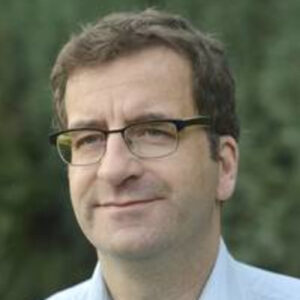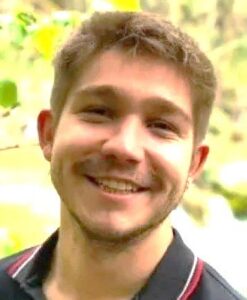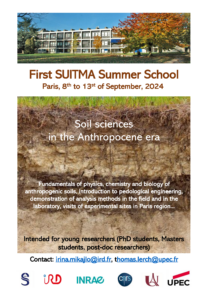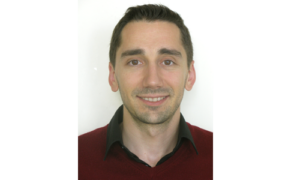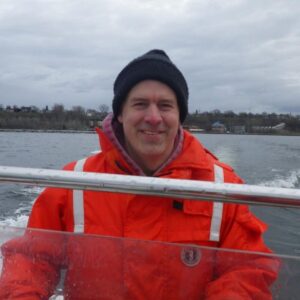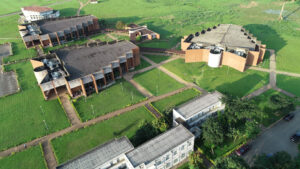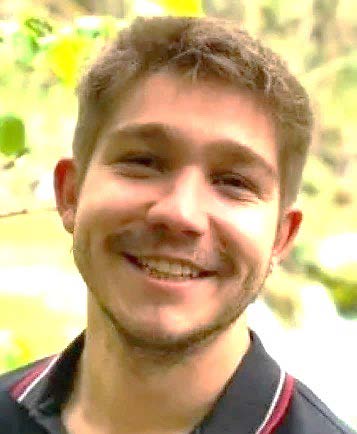
Thesis defense of Antoine TAUPENOT
«Involvement of supergenes in the expression of complex traits in the socially and morphologically polymorphic ant Myrmecina graminicola»
Abstract:
Supergenes – genetic regions where coadapted loci are inherited as a single Mendelian unit – play a crucial role in establishing complex polymorphisms. However, unraveling the complexity of their evolution and maintenance remains a significant challenge.
Ants offer a unique context to identify new supergenes and study the general principles governing their establishment and evolution due to their extensive inter- and intra-species variations in all aspects of social organization. Notably, in five different lineages, a supergene related to colony social organization, specifically the number of mated queens per colony, has been identified. However, its origin and maintenance remain to be clearly elucidated, and new models are needed.
The ant species Myrmecina graminicola is of particular interest for studying supergenes in social insects as it exhibits both social polymorphism (presence of monogynous and polygynous colonies) and wing polymorphism (presence of winged and apterous queens).
In this thesis, we explored the presence of supergenes in M. graminicola, particularly in relation to these two polymorphisms.
In the first chapter, using resequencing data, we identified a supergene associated with social polymorphism (~10 Mb) dating back to ~1 Mya, in linkage disequilibrium with a supergene linked to wing polymorphism (~110 kb) that appeared more recently (~0.4 Mya).
In the second chapter, we examined the life history traits of the two main types of colonies found in this species, namely monogynous colonies with winged queens and polygynous colonies with apterous queens. We showed that these two colony types did not differ in the number of workers and larvae at the time of sampling. When reared in the laboratory, we observed that both types of colonies produced a similar number of nymphs and adults but that polygynous colonies produced more eggs and new larvae than monogynous colonies.
In the third chapter, we explored the possibility of other supergenes in this species not directly linked to sociality or wing presence/absence. I identified a third supergene (~7 Mb) and demonstrated that it was not associated with colony sex ratio.
Overall, this thesis reveals the presence of three supergenes in the ant M. graminicola, one linked to social polymorphism, another to wing polymorphism, and provides insights into the mechanisms contributing to the maintenance of these polymorphisms.
